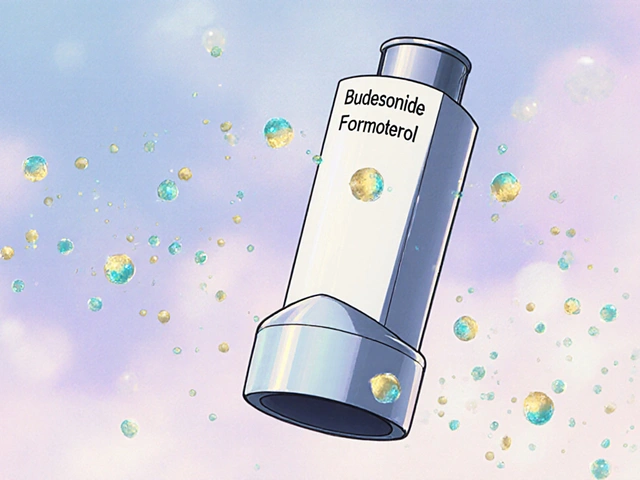Male Infertility – What’s Going On and How to Fix It
If you’ve been trying to start a family and nothing seems to work, male infertility could be part of the story. It’s not a rare problem, and the good news is that many of the reasons behind it are clear and often treatable. Below you’ll find straight‑forward info on why sperm might not be up to the task and what you can do right now to improve your chances.
What Triggers Low Sperm Count?
First, let’s talk about the usual suspects. Hormone imbalances, especially low testosterone, can slow down sperm production. Infections like prostatitis or a clogged epididymis can also damage the pathway sperm travels. Lifestyle choices matter a lot – smoking, heavy drinking, and even tight underwear can lower the count. Certain meds, such as some antibiotics or anabolic steroids, have a similar effect.
Environmental factors play a role, too. Exposure to pesticides, heavy metals, or excess heat (think hot tubs) can harm sperm DNA. And don’t forget about health conditions like diabetes or thyroid problems – they can mess with the whole reproductive system.
How to Improve Your Fertility Naturally
Good news: many of these issues can be tackled with simple changes. Quitting smoking and cutting back on alcohol often gives a quick boost. Eat a balanced diet rich in zinc, selenium, and vitamins C and E – these nutrients protect sperm cells and help them move better.
Exercise is a win‑win. Regular, moderate activity raises testosterone and improves blood flow to the testicles. Just avoid over‑training, which can have the opposite effect. Wearing loose‑fitting underwear and keeping laptops off your lap reduces heat exposure.
Stress can sabotage hormone levels, so try relaxation techniques like deep breathing or short walks. If a medical condition is behind the low count, treating it – for example, managing diabetes or adjusting thyroid medication – often restores sperm health.
When lifestyle fixes aren’t enough, medical options are available. Doctors may prescribe hormone therapy, antibiotics for infections, or even surgery to fix a blockage. In some cases, assisted reproductive technologies like ICSI (intracytoplasmic sperm injection) can help, where a single sperm is placed directly into an egg.
Our site has more detailed pieces that dive into specific treatments, such as using clomiphene for low testosterone or exploring natural supplements like fenugreek. Check out the articles on medication safety, hormone balance, and the latest research to stay informed.
Bottom line: male infertility is often a mix of controllable factors and medical issues. By cleaning up your habits, getting a health check‑up, and talking to a specialist, you can significantly improve your chances of becoming a dad. Keep reading, stay proactive, and remember you’re not alone in this journey.
Clomid for Fertility: How Clomiphene Citrate Helps Men and Women Conceive
Clomid (clomiphene citrate) is a powerful drug best known for helping women ovulate, but it also plays a surprising role in male fertility. This article breaks down how Clomid works, when it's prescribed, safety tips, and myths that people keep repeating online. You'll get practical advice, real facts, and some unexpected insights about using Clomid for fertility.





